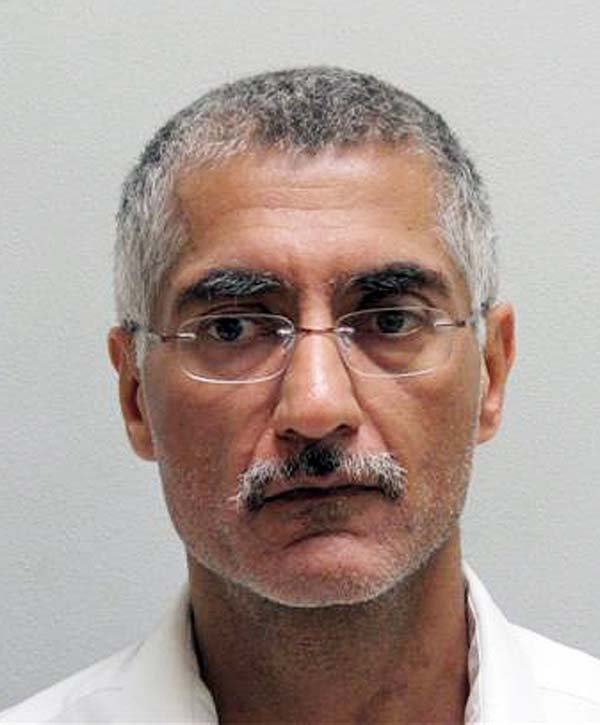LITTLE ROCK — A week before the scheduled jury trial of a Pope County doctor accused in a bombing that partially blinded the head of the state Medical Board, a judge has ordered prosecutors to provide more details about the bombing accusation.
U.S. District Judge Brian S. Miller said Tuesday in a notation on court computers that on or before Thursday, prosecutors must provide a“bill of particulars” outlining more specifics.
He also denied a re quest by prosecutors that Dr. Randeep Mann provide written notice of any intended alibi he plans to offer in his defense.
Defense attorneys have sought both orders in recent days, saying that the main charge against Mann isn’t specific enough to allow him to prepare a proper defense.
http://www.arkansas…">Doctor indicted in bombing
In a single charge, defense attorneys said in a June 17 motion, “The government has alleged several separate and distinct allegations that include commission of the offense itself, aiding and abetting the commission of the offense, attempting to commit the offense, and conspiring to commit the defense.”
At the same time, the motion complained, “The government has requested the defendant provide notice of his intent to pursue an alibi defense. The language of this indictment does not provide sufficient notice for the defendant to determine what the actual allegation is and whether or not he will assert an alibi defense.”
Elaborating further, attorney Erin Cassinelli Couch argued that while prosecutors want to know if Mann has an alibi for the period between 10 p.m. Feb. 3, 2009, and 8 a.m. Feb. 4, 2009, when a homemade bomb exploded in the West Memphis driveway of Dr. Trent Pierce, the indictment doesn’t allege whether prosecutors are accusing Mann of being in the driveway at that time or orchestrating events from afar.
“The indictment does not specify whether he is alleged to have actually been present and committed the act, or conspired with others to commit the act,” Couch wrote. “He cannot defend himself or even determine if an alibi defense is applicable without clarification.”
Prosecutors responded that the information provided in the indictment is sufficient for Mann to understand the accusations against him. But Couch persisted in another motion, saying, “The defendant respectfully asks that the Court direct the government to state whether or not it has evidence that the defendant was present at the scene of the crime.”
Also on Tuesday, prosecutors filed their response to Mann’s request that they not be allowed to tell jurors about accusations that Mann illegally prescribed and possessed medications.
“In this case, the United States seeks to introduce evidence of the Defendant’s possession and distribution of controlled substances as evidence of his motive to commit the crimes charged,” the response states.
It notes that Mann was first licensed to practice medicine in Arkansas on March 10, 1995; that he opened a clinic in Russellville in 1999; and that in 2003, after several of his patients died from overdosing on prescribed medications, the federal Drug Enforcement Administration and the Arkansas State Medical Board, headed by Pierce, began investigating him.
Since that time, Mann “has maintained what can best be described as an antagonistic relationship with the board,” it says, citing lawsuits the doctor has filed against the board.
“That relationship culminated in 2006, when [Mann] was required to surrender his DEA permit - thereby forfeiting his ability to prescribe controlled substances - in order to keep his medical license.”
The response notes that over the next few years, the board repeatedly denied Mann’s requests to have his DEA permit reinstated while, evidence shows, he “continued to possess controlled substances and continued to prescribe them to one or more patients,” until a “concerned person” notified the board and Mann was in turn told about a new complaint filed with the board.
The bombing occurred shortly thereafter, says the response filed by Assistant U.S. Attorney Michael Gordon.
Emphasizing why the medication evidence is relevant, Gordon said the government believes that the bombing “was the direct result of self perceived years of frustration with the Board, and that the Defendant, once he learned of the new complaint against him, lashed out against its chairman ... because he believed he was about to lose his medical license once and for all.”
Arkansas, Pages 7 on 06/30/2010
